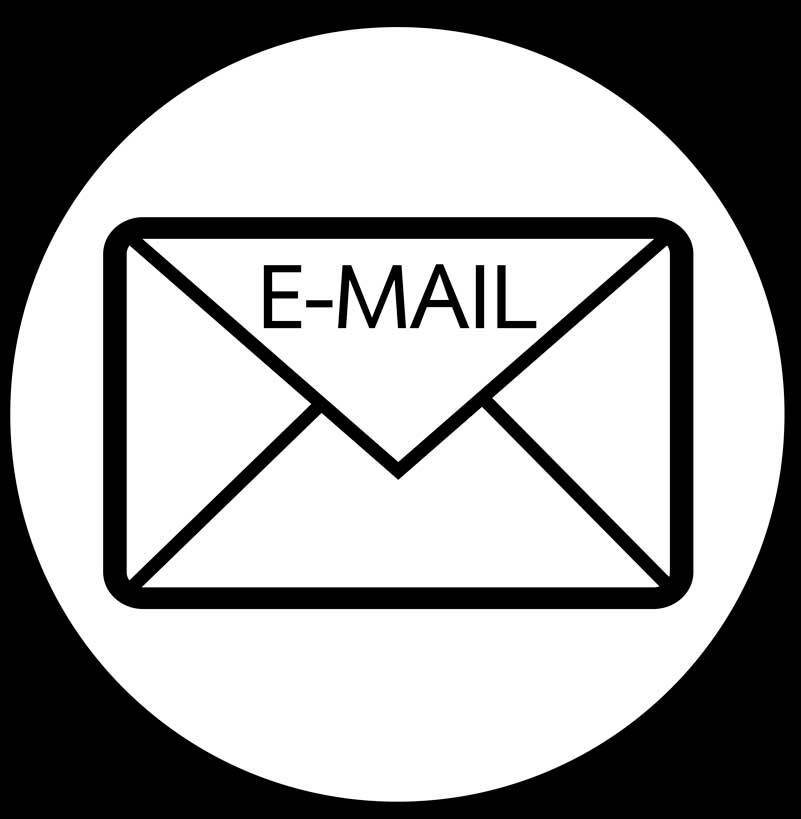By Morf Morford
Tacoma Daily Index
I first started using email literally a generation ago.
I don’t remember when I first started using email, but I was well into daily use of it by 1993.
At the time, all of us who used it considered it somewhere near miraculous; it was immediate, universal and free. It was difficult, if not impossible to imagine any form of communication that could be an improvement.
Fast forward (to use a term from the 1990s) to 2021, and the most common response to email is not glowing appreciation, or even a sense of connection, with what Mark Zuckerburg likes to call “the Metaverse”.
Nope. It is mostly with a sense of dread or annoyance that we anticipate opening our email.
With email, most of us hit a point of diminishing returns almost immediately.
Spam
Consider what percentage of emails you receive on any given day that might actually be useful.
Before the arrival of email, the word “spam” had an entirely different meaning.
No one expected to see it every day.
And who among us thought we would see “spam” fill up our in boxes – and crucial messages sent to “spam” folders?
Or that we would see offers from Nigerian princes for millions of dollars if only we would give a stranger our bank account routing numbers.
Or those offers of marriage – again from total strangers. Anyone else get email with the subject line “Dear One”?
How about those endless – and dire – warnings of what might happen if we don’t vote a certain way? Or forward a certain email (fortunately, I have not seen one of those in a few years).
Or those endless reminders of how we could improve our love life, financial foundation or cook the perfect omelette.
What did we do before we had access to all of that unsolicited advice and all of those invitations to invest?
What, it might be fair to ask now, after twenty or thirty years (for some of us) has email really done for, or to, us?
If I get even one email out of a hundred that I can actually use, I get kind of excited.
One a day is remarkable.
You don’t have to be a statistical nerd to realize that one out of a hundred – one percent – is a pretty low bar for efficiency.
If it were any other format or medium, we would probably give up on it.
And many of us have.
If any other aspect of our professional or personal lives had a 99% disappointment rate, we would have dumped it years ago.
What other platform accumulates hundreds, if not thousands, of out-dated, unwanted, memory-consuming messages and data?
I currently have about 65,000 unread, unwanted messages clogging my various in-boxes.
Multiply that number by the number of active email accounts (and probably a huge amount of neglected, abandoned or zombie email accounts) and you have the setting for a huge waste of computer memory and electricity that would defy anyone’s estimation.
And it’s not just those of us with multiple email accounts – some active and some forgotten (how many accounts, from those long retired, fired or even dead, are still collecting spam?).
Many of us are accustomed to email, or even grew up with it, but that does not mean we hold much loyalty to it.
Email is oddly official, and intrusive, sterile and professional, yet impersonal.
Checking my email is one of the first things I do in the morning, but I must admit that it is rarely the best, or even moderately effective use of my time.
I keep expecting something, but I’m not sure what, but with the technology, the immensity of opportunity and a lifetime of friends and networking, I expect more than an offer from a foreign prince or Russian beauty.
It turns out that a huge percentage of those under 30 would rather text or tweet or even, gasp!, call than use email.
You can get an overview of what those under 30 think of email here: https://www.nytimes.com/2021/07/10/business/gen-z-email.html?
But the bottom line is that they don’t think much of it and would like to see it go the way of other 1990s debris – like VHS and Blockbuster stores.
I’m not sure if I want it to go, but maybe it could be a bit streamlined, and maybe even have a feature like emails self-destructing after 30 days or so.
I have no love for email, even though I have depended on it for years.
We call it social media
But I have even less love for that ultimate time-waster and alienator of us all – social media.
I used to be an evangelist for global interconnectivity and artificial intelligence solving all of our social problems, but if cat videos and accusations of “sheeple” and illuminati conspiracies are the best we can do, maybe we should get back to books, physical neighborhoods and face to face conversations.
Any social format, whether social media, newspaper or even words themselves, are reflections of us, the users.
Communicating with someone thousands of miles away instantaneously is something like a miracle.
But so is a conversation with an old friend.
And so is silence.
Maybe we weren’t designed for near constant noise, ads and distractions.
We might describe online platforms as “social media”, but they are anything but “social”.
How many of us, especially during a challenging time, when days are short and the darkness and difficulties seem to go on forever, find some kind of solace, or at least escape from our day on a screen – no matter how small – or fleeting.
Perhaps like Netscape or MySpace, email has had its time.
The shelf-life for technology is never very long.
E-mail, for most of us, has outlived its usefulness.
The question for all of us is whether we want to communicate with more and more technology between us, or whether, after a year or two like no other, we are ready to, or even remember how to, talk directly to each other.






